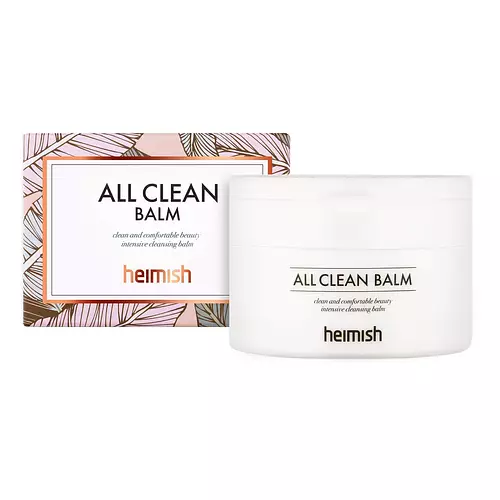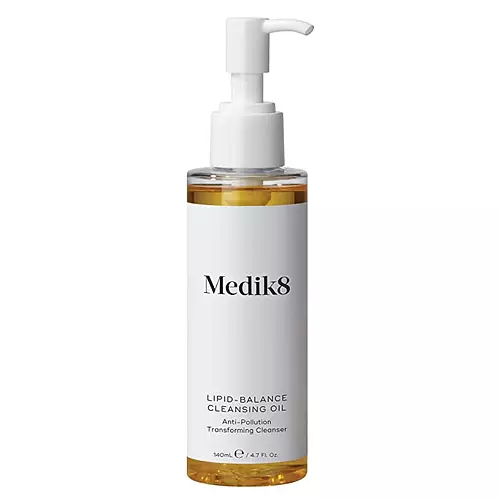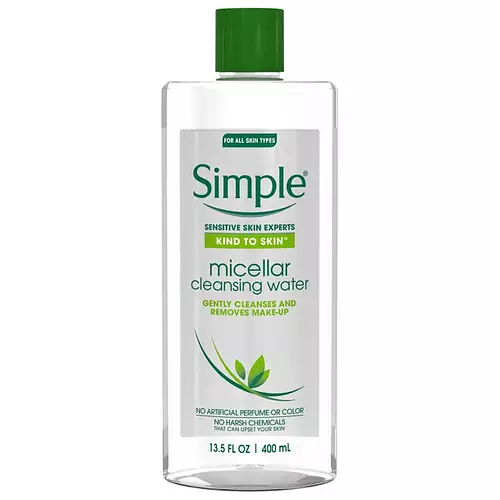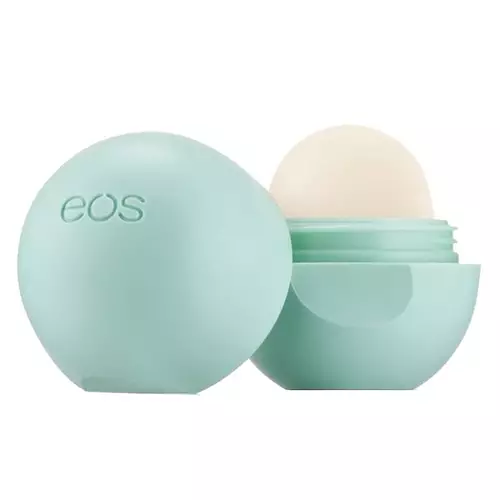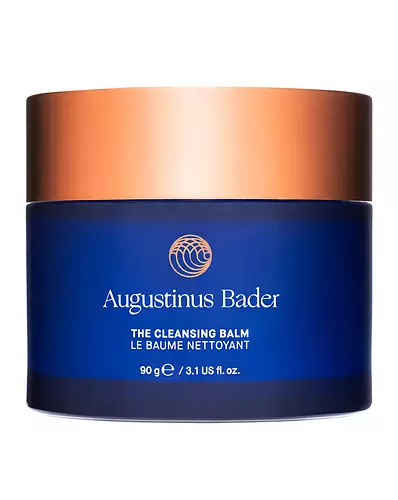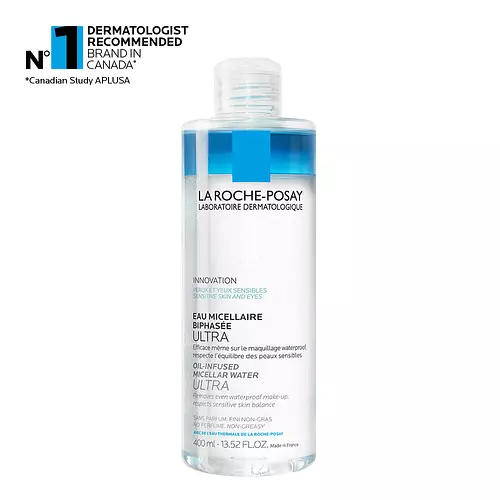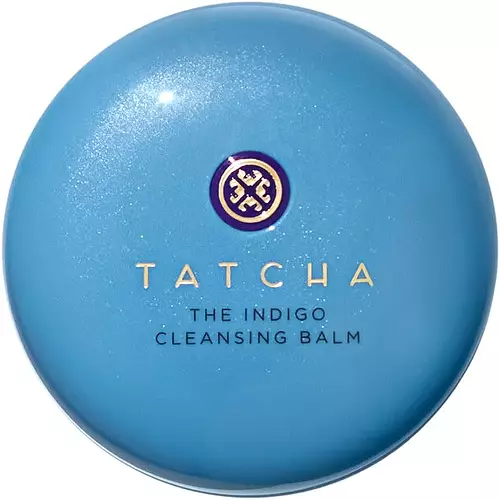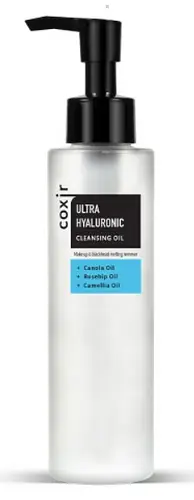Updated on December 05, 2023
Overview
What they are
These products are both reef safe makeup removers. They have a total of 3 ingredients in common
Cool Features
They both contain Vitamin E
Suited For
They're both likely to be good for dry skin and brightening skin
Free From
They both do not contain any harsh alcohols, parabens, silicones or sulfates
What's Inside
They both contain fragrances and oils
We independently verify ingredients, and our claims are backed by peer-reviewed research. Spot a product that needs an update? Let us know.
Ingredient Info
Muji Cleansing Oil [Sensitive Skin] 15 ingredients
heimish All Clean Balm 36 ingredients
At a glance
Click on any of the items below to learn more
Muji Cleansing Oil [Sensitive Skin] 15 ingredients
heimish All Clean Balm 36 ingredients
Notable Ingredients
This product contains 1 ingredient that may have this attribute:
Benefits
This product contains 2 ingredients that may have this attribute:
This product contains 1 ingredient that may have this attribute:
This product contains 1 ingredient that may have this attribute:
This product contains 2 ingredients that may have this attribute:
Concerns
This product contains 2 ingredients that may have this attribute:
This product contains 2 ingredients that may have this attribute:
This product contains 1 ingredient that may have this attribute:
Notable Ingredients
This product contains 1 ingredient that may have this attribute:
This product contains 1 ingredient that may have this attribute:
Benefits
This product contains 1 ingredient that may have this attribute:
This product contains 1 ingredient that may have this attribute:
This product contains 1 ingredient that may have this attribute:
Concerns
This product contains 2 ingredients that may have this attribute:
This product contains 1 ingredient that may have this attribute:
Ingredients Side-by-side
Ingredients Explained
These ingredients are found in both products.
Ingredients higher up in an ingredient list are typically present in a larger amount.
Ethylhexyl Palmitate is created from 2-ethylhexyl alcohol and palmitic acid. It is a fatty acid ester.
The fatty acid content of Ethylhexyl Palmitate makes it an emollient. Emollients help soften and hydrate your skin by trapping moisture within.
Ethylhexyl Palmitate is also used to help improve the texture of cosmetics. It helps other ingredient dissolve in products and help disperse ingredients more evenly. In fact, it is commonly used to evenly mix sunscreen ingredients such as avobenzone and ethylhexyl triazone. It can also help stabilize the fragrances in a product as a fragrance fixative.
Ethylhexyl Palmitate can be used to substitute mineral oil.
Learn more about Ethylhexyl PalmitateWater. It's the most common cosmetic ingredient of all. You'll usually see it at the top of ingredient lists, meaning that it makes up the largest part of the product.
So why is it so popular? Water most often acts as a solvent - this means that it helps dissolve other ingredients into the formulation.
You'll also recognize water as that liquid we all need to stay alive. If you see this, drink a glass of water. Stay hydrated!
Learn more about WaterButylene Glycol (or BG) is used within cosmetic products for a few different reasons:
- It is a solvent, meaning that it helps to dissolve other ingredients. This also enhances the absorption of the product into one's skin.
- It is a humectant, which means that it helps attract moisture into the skin.
- It helps improve product application.
Overall, Butylene Glycol is a safe and well-rounded ingredient. It is unlikely to irritate skin, and works well with pretty much all other ingredients.
Ingredient Ratings
Here's what our community thinks of the ingredients in these two products.
When to use
Muji Cleansing Oil [Sensitive Skin] 15 ingredients
heimish All Clean Balm 36 ingredients


Reviews
Here's what our community thinks
Muji Cleansing Oil [Sensitive Skin] 15 ingredients
heimish All Clean Balm 36 ingredients
Shayan
Great first-step cleanser that works well, though I have to massage it to remove mascara a bit longer.
xia
works good, tho it gets annoying to use in the shower after a while. the makeup is all removed unless u dont properly rub in for waterproof...
works good, tho it gets annoying to use in the shower after a while. the makeup is all removed unless u dont properly rub in for waterproof eyeliner...
![Muji Cleansing Oil [Sensitive Skin]](https://skinsort.com/rails/active_storage/representations/proxy/eyJfcmFpbHMiOnsibWVzc2FnZSI6IkJBaHBBcmVCIiwiZXhwIjpudWxsLCJwdXIiOiJibG9iX2lkIn19--c7feda260461a209389f1aced99ced94f2160595/eyJfcmFpbHMiOnsibWVzc2FnZSI6IkJBaDdDRG9MWm05eWJXRjBPZ2wzWldKd09oUnlaWE5wZW1WZmRHOWZiR2x0YVhSYkIya0M5QUZwQXZRQk9ncHpZWFpsY25zR09neHhkV0ZzYVhSNWFVcz0iLCJleHAiOm51bGwsInB1ciI6InZhcmlhdGlvbiJ9fQ==--b72940ad2f828f564888ecdc27fe23650eed6efb/4548076448860_1260.jpg)
